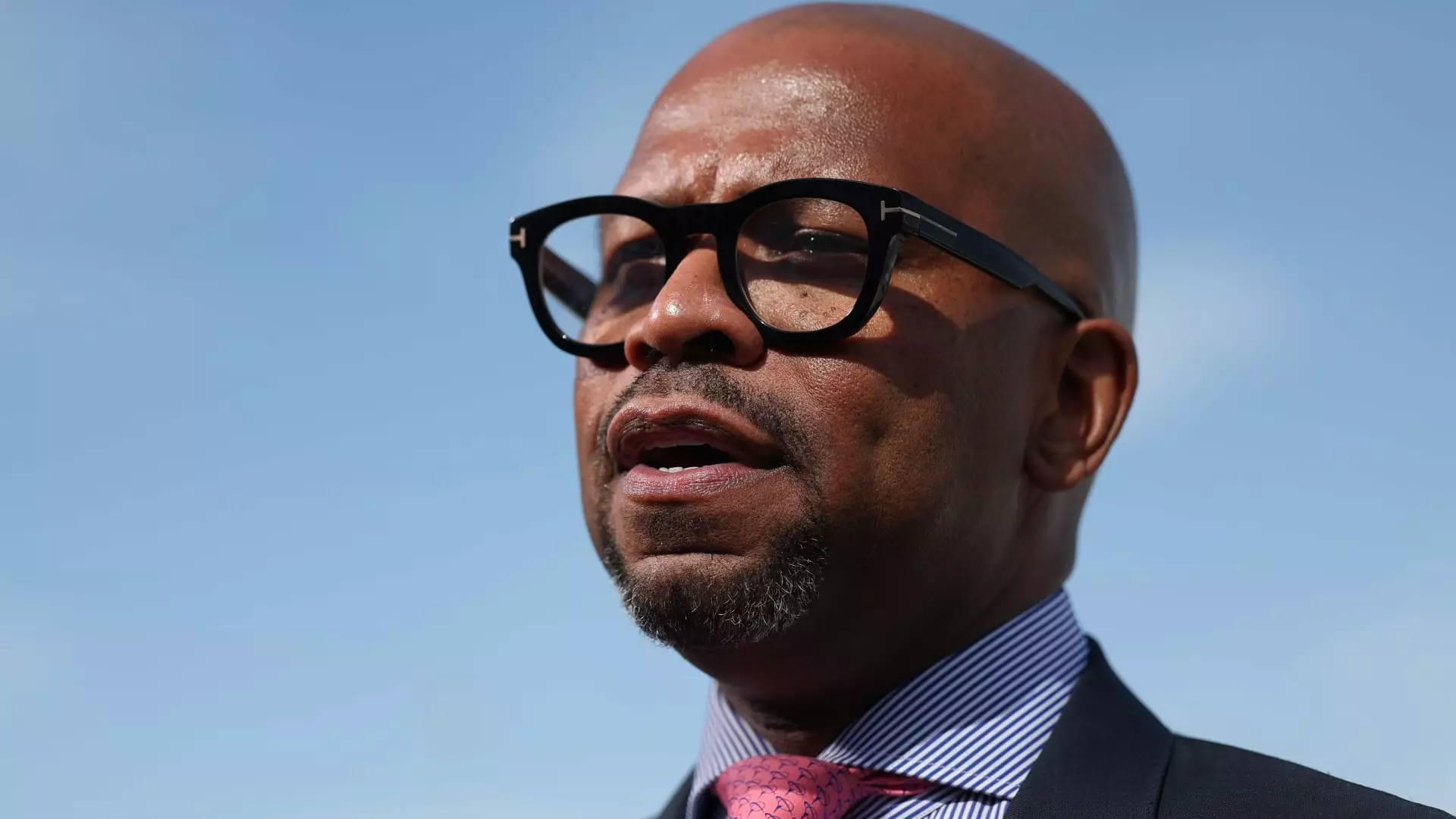In a startling move, Ted Colbert, who has been at the helm of Boeing’s defense unit, has been relieved of his duties effective immediately. This announcement by CEO Kelly Ortberg marks a significant first step in revamping the company’s leadership since he assumed control in early August. Ortberg’s message to the staff emphasized the urgency of addressing the significant trust issues with Boeing’s clientele, a critical point for a company present in various high-stakes sectors.
Within the internal communication, Ortberg underscored the importance of regaining trust among customers, highlighting their expectations for high performance and reliability in fulfilling essential missions globally. This linguistic choice reflects an underlying recognition of the pressing challenges Boeing faces, especially in light of recent setbacks. The promise to improve performance and deliver on commitments points to a systematic need for organizational reform, which may have been prompted by increased scrutiny following several production delays and operational inefficiencies.
In the wake of Colbert’s departure, Chief Operating Officer Steve Parker has been designated as the interim leader of the defense unit. This transitional phase could prove pivotal as Boeing seeks to stabilize operations and restore confidence. Parker’s prior experience and understanding of the complexities within the defense sector will be vital as he steers the unit through these turbulent times. As the company looks for a permanent successor, the results of Parker’s leadership will be scrutinized closely by stakeholders.
Boeing’s defense, space, and security sector is not just a relevant player; it accounts for nearly 40% of the company’s revenue in the first half of the year. However, recent revelations about production woes and significant cost overruns have raised alarm bells about the future profitability and viability of this critical segment. Notably, the issues surrounding the new 747s intended for use as Air Force One are emblematic of the broader systemic issues within the organization.
The troubles extend beyond immediate production issues; the space sector is also feeling the pinch. The much-anticipated Boeing Starliner mission experienced a setback as it returned to Earth without the payload of NASA astronauts, who instead flew back with SpaceX’s Crew-9. This not only undermines Boeing’s competitive edge in the space arena but also questions its capacity to meet crucial deadlines and obligations. The repercussions of these challenges could redefine partnerships and project alignments between Boeing and NASA moving forward.
As Boeing navigates this leadership transition and addresses the underlying issues that prompted Colbert’s exit, it becomes increasingly essential for the company to engage in a profound reflection on its operational practices and strategic outlook. Ortberg’s commitment to restoring customer trust must be matched by actionable plans that resonate throughout the organization. Only through transparency, accountability, and a renewed focus on excellence will Boeing be able to emerge from this tumultuous chapter with its reputation intact and its market position strengthened.


Leave a Reply